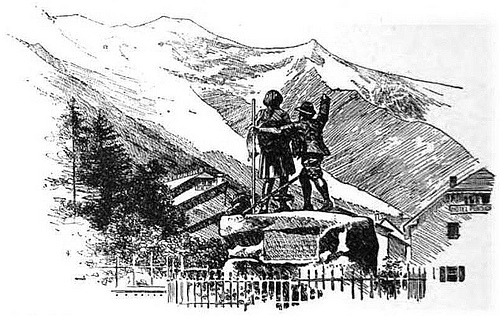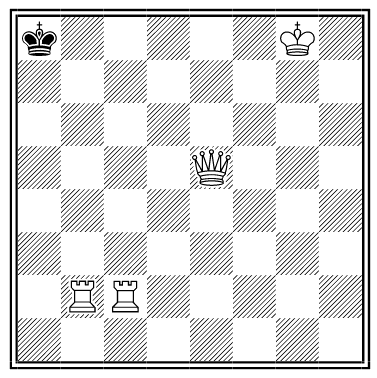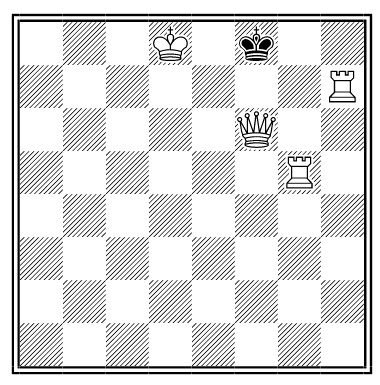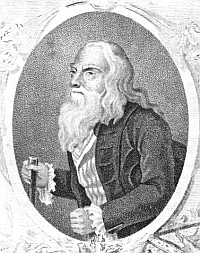Here’s a poser adapted from a 1923 intelligence test:
“I was so sorry to hear of Harold’s death, Mary.”
“Thank you, Mildred.”
“May I ask the circumstances?”
“Of course. He had fallen asleep in church during the sermon and was dreaming that an executioner was approaching to cut off his head. He had witnessed some rather gruesome things during the Boxer Rebellion in China some years ago, you know. Just as the sword was falling, I happened to touch him on the back of his neck with my fan, to awaken him. The shock was too great, and he fell forward dead.”
What’s wrong with this story?




